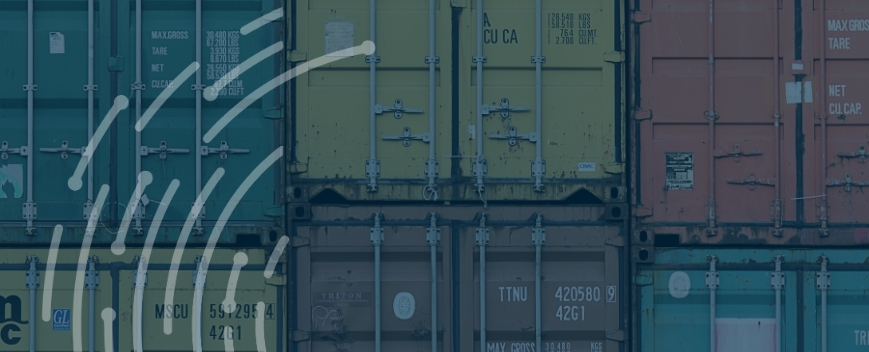The Free Carrier (FCA) Incoterms® 2020 rule increases the seller’s responsibilities, requiring them to deliver goods to a location designated by the buyer, contrasting with Ex Works (EXW).
Understanding Free Carrier (FCA)
Under the FCA rule, the seller must deliver goods to the buyer or their carrier at either the seller’s premises (loaded onto the transport) or at another specified location (typically a freight forwarder’s warehouse, airport, or container terminal) without unloading from the seller’s vehicle.
The seller is responsible for all export formalities, while the buyer is tasked with import formalities.
FCA is an improvement over the less feasible EXW because it requires the seller to physically hand over the goods, transferring risk to the buyer only upon delivery.
This rule is particularly effective for land transport across Europe and Central Asia since the vehicle collecting the goods often continues to the final destination.
Key Updates in the FCA Incoterms 2020
FCA is recommended over Free on Board (FOB) for maritime shipments, yet practical issues may arise as buyers often prefer to take on risks only post-export.
The 2020 revision brought a new requirement for the buyer to instruct their carrier to issue an on-board bill of lading if agreed, though this provision may not effectively address the seller’s need for letters of credit.
Thus, delivery is defined as the seller handing over goods to the buyer’s carrier, with no obligation for the seller to load the goods onto the transport, leaving risk on the buyer if damage occurs post-delivery.
Advantages and Disadvantages of Free Carrier (FCA)
Advantages of FCA
FCA is more practical than EXW for both domestic and international transactions where sellers seek to minimize effort. The seller is responsible for loading goods onto the buyer’s transport, meaning they handle logistics up to that point.
Disadvantages of FCA
However, the buyer risks losing claims against the seller if they fail to provide transportation details, and the seller’s responsibility ceases once goods are designated as “delivered.” Any damages post-delivery will not relieve the buyer of their payment obligation.
Considerations for Letters of Credit
Given FCA’s stipulations, navigating payment by letter of credit (LC) can be complex. If the buyer requires additional documentation, the seller must support the buyer in obtaining this at the buyer’s expense. Contracts should clearly define these obligations, including specific transport requirements and contingencies for delays.
“Incoterms” is a registered trademark of the International Chamber of Commerce.
Refer to ICC publication no. 723E for the official text.


